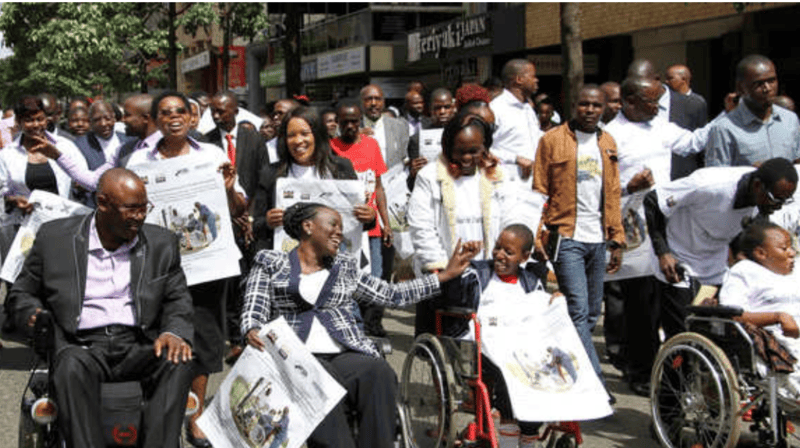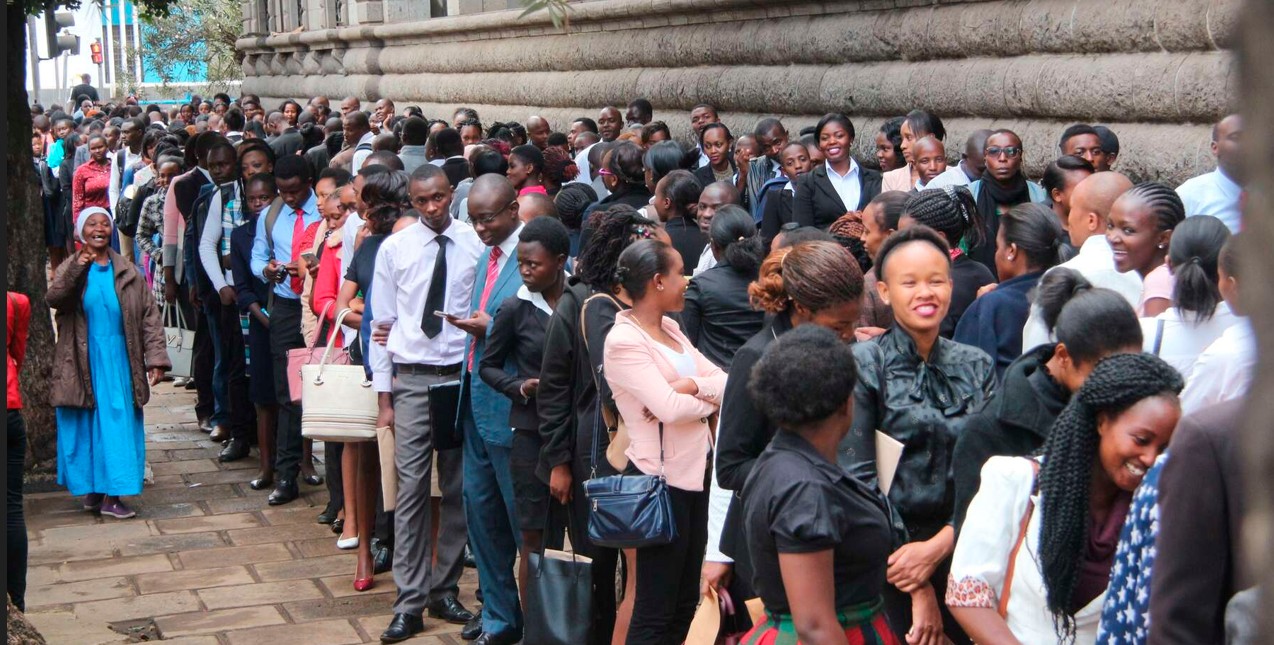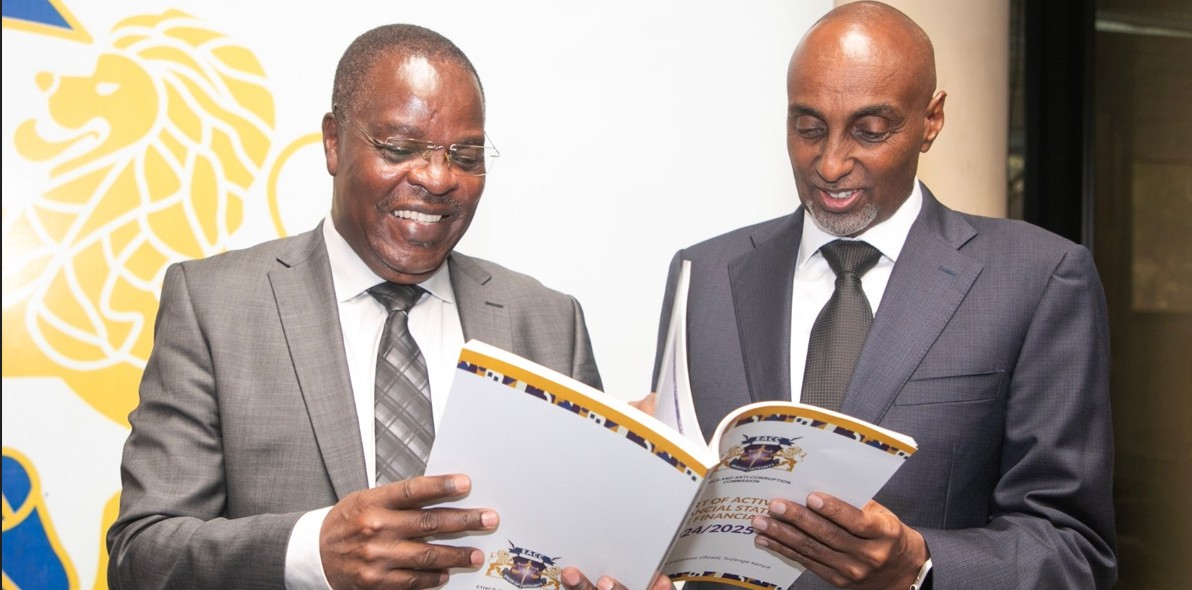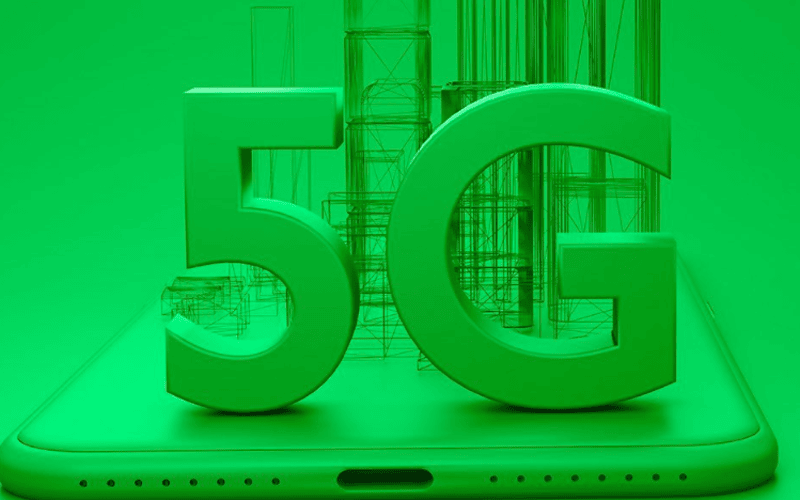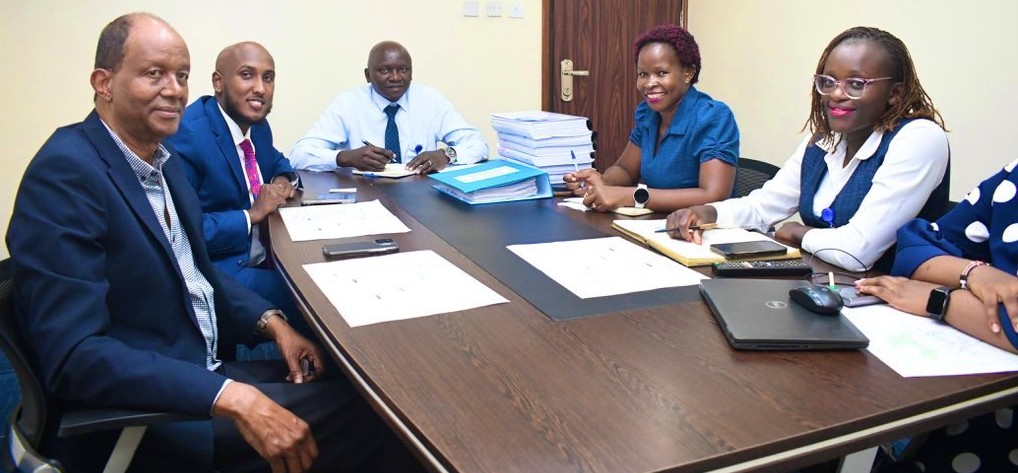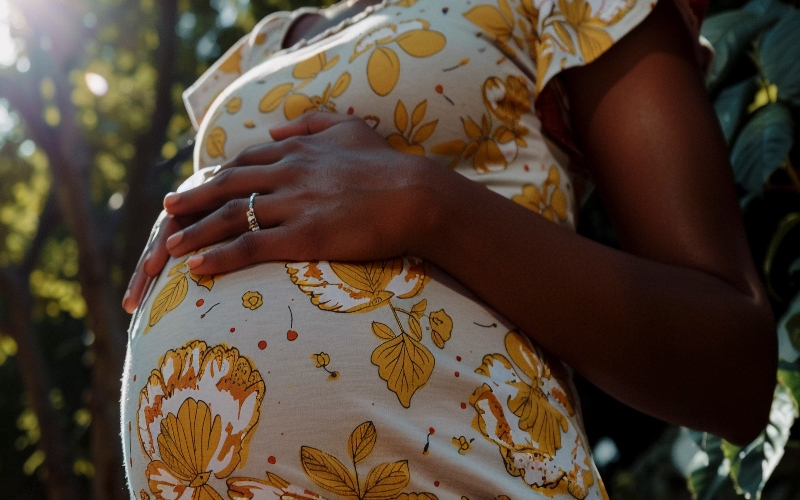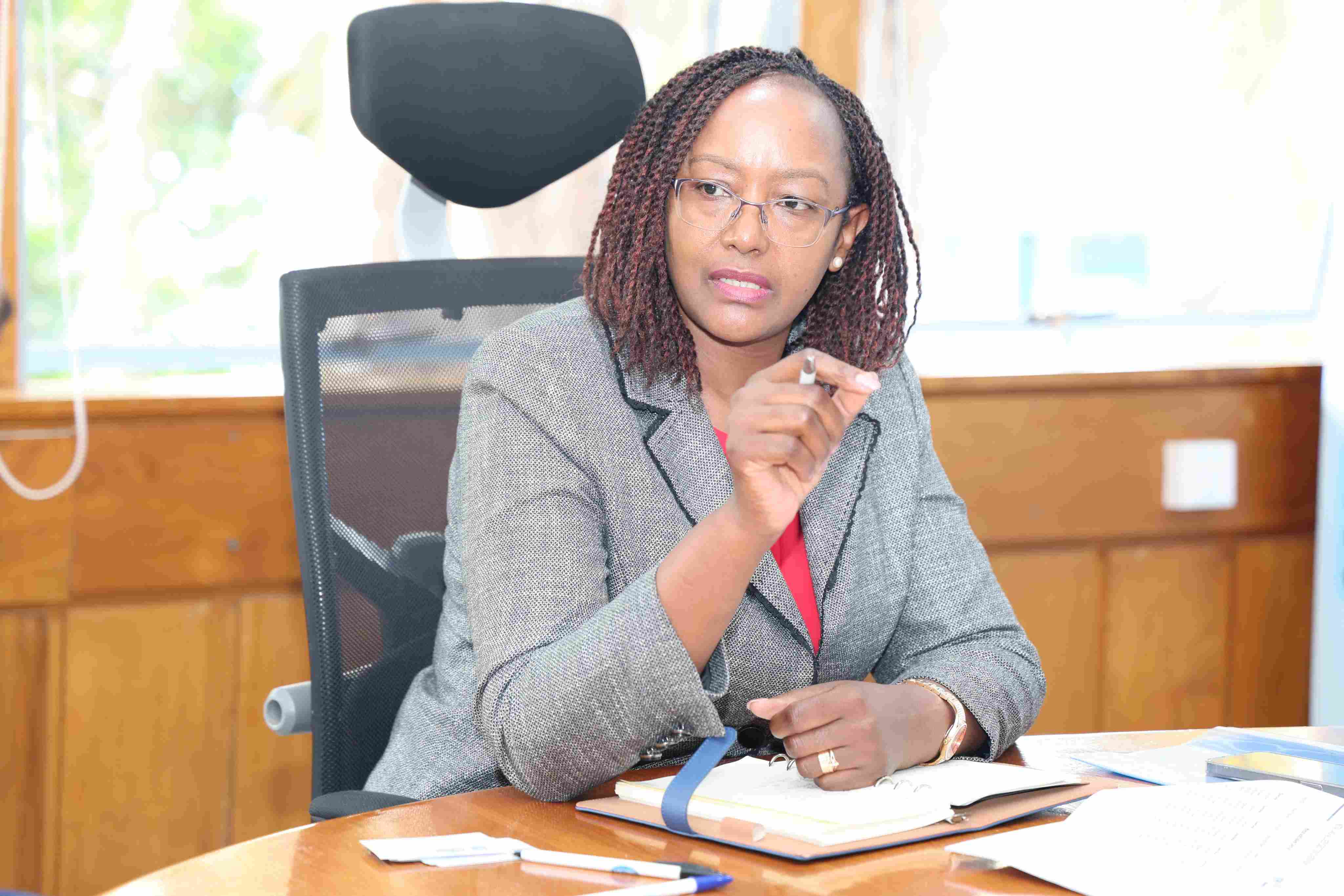AU calls for stronger AI regulations to tackle terrorism and political instability
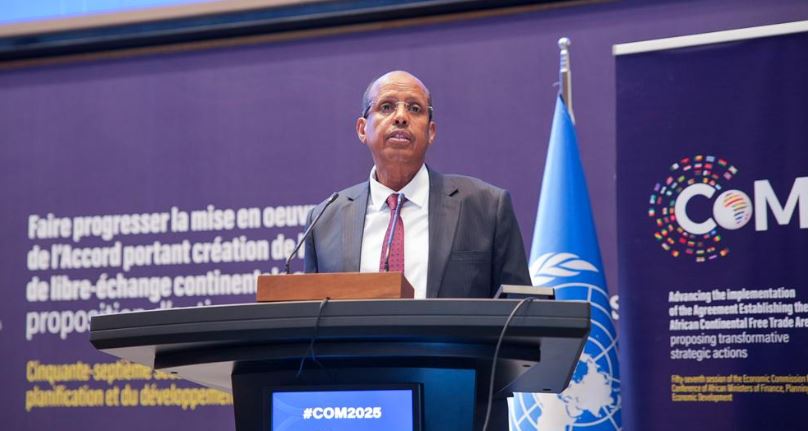
Criminal and rival political groups have also adopted AI to spread disinformation and hate speech, particularly online, making it one of the most dangerous accelerators of conflict today.
African Union Commission Chairperson Mahmoud Ali Youssouf has directed the AU Artificial Intelligence Advisory Group to provide member states with technical support in developing robust AI regulations and counter-terrorism capabilities in response to rising political instability and the threat of terrorism across the continent.
He noted that this can be achieved through advanced early-warning systems powered by AI, which can analyse vast amounts of data, including social media trends, satellite imagery, and economic indicators, to detect early signs of instability.
More To Read
- Google launches Workspace Studio, enabling anyone to build Gemini-powered AI agents
- ChatGPT could soon tap into Apple Health data for personalised wellness insights
- Lawyer Chacha Mwita charged with terror financing, freed on Sh5 million bail
- Gulf region paves the way to become digital data hub
- Apple names new AI chief amid pressure to catch up
- Landmine casualties rise to 6,279 as treaty withdrawals loom
"By identifying rising tensions, hate speech, or extremist mobilisation in real-time, AI enables authorities to intervene before violence erupts. Similarly, predictive analytics is now forecasting where conflicts are likely to flare up based on socio-political factors," he said.
However, he cautioned that the security risks associated with AI have enabled terrorist and extremist groups to exploit AI for malicious purposes. These include AI-generated deepfake videos used for radicalisation, spreading extremist propaganda, or impersonating political figures to create confusion and unrest.
"These risks demand a proactive approach to AI governance, ensuring that AI remains a tool for protecting citizens rather than a weapon in the hands of adversaries," he said.
Criminal and rival political groups have also adopted AI to spread disinformation and hate speech, particularly online, making it one of the most dangerous accelerators of conflict today.
In Kenya, the National Intelligence Service has flagged AI as an emerging catalyst for disinformation, warning that it has the potential to destabilise the country if left unchecked.
"While access to information remains the cornerstone of democratic governance, socio-economic stability, and interstate relations, the propagation of disinformation and misinformation continues to threaten these ideals," said Intelligence Chief Noordin Haji earlier this month.
However, AI also presents new opportunities to counter destabilising threats. AI-powered surveillance tools can analyse suspicious financial transactions, including digital currencies and informal banking networks, track terrorist movements, and detect radicalisation patterns on social media platforms.
"Through AI-driven forensic analysis, illicit cash flows can be identified by detecting abnormal financial behaviours, thereby disrupting the financing of terrorist operations," the AUC Chairperson said.
On improving governance and transparency, Mahmoud stated that AI can enhance public administration by tracking government spending, detecting fraud, and reducing corruption. It can also automate processes to improve resource allocation and service delivery.
"In elections, AI can detect fraud, monitor manipulation, and analyse voting patterns to strengthen democracy," he added.
The AU Peace and Security Council established the Advisory Group on Artificial Intelligence (AI) in June last year, comprising nine members selected from across Africa. The group is tasked with studying the implications of AI on peace, security, democracy, and development within the continent and guiding the AU Commission on harnessing AI to address emerging challenges.
Unregulated AI poses risks such as privacy violations and biased decision-making, with Mahmoud warning that Africa’s digital divide and lack of infrastructure risk exacerbating inequalities.
Top Stories Today





